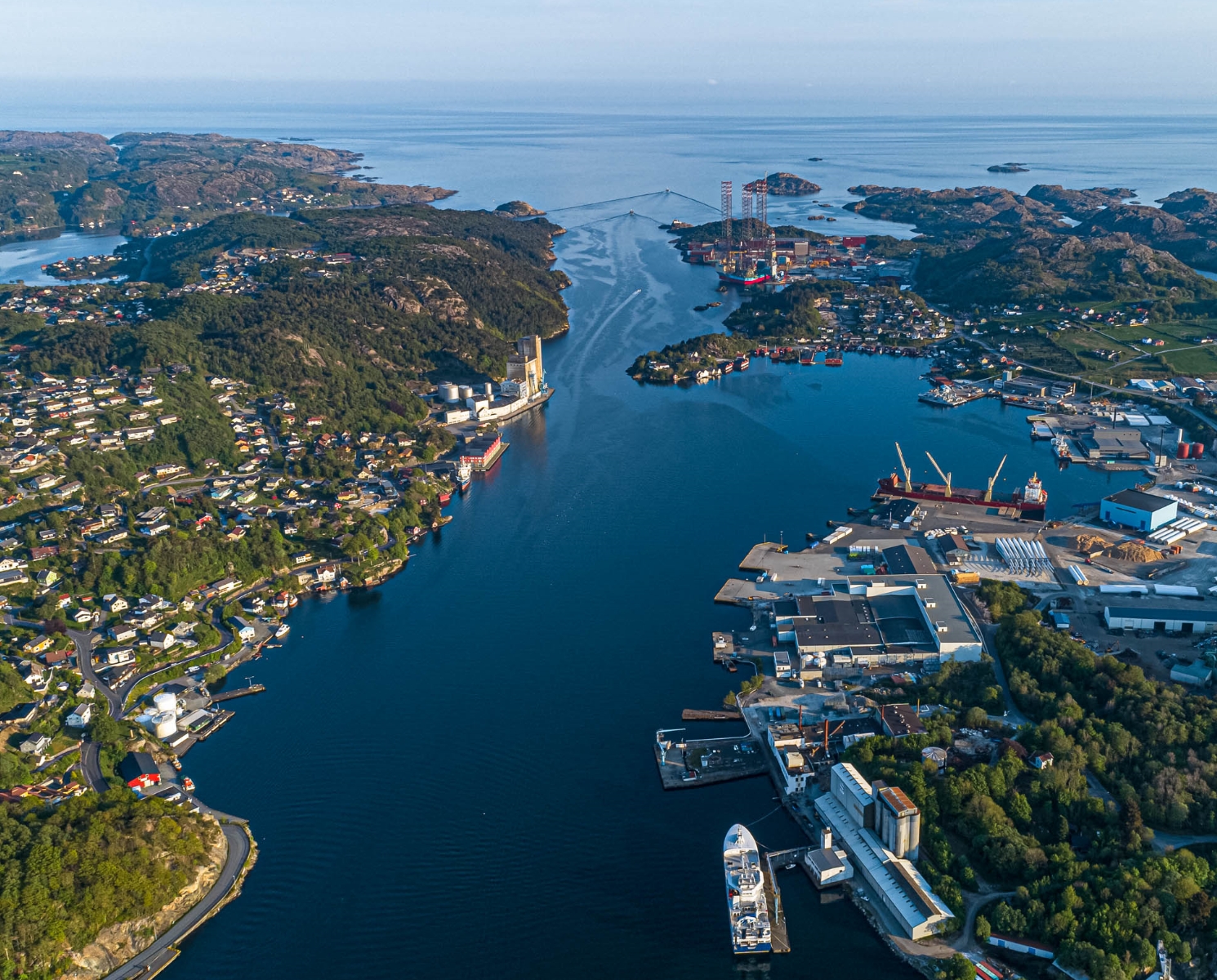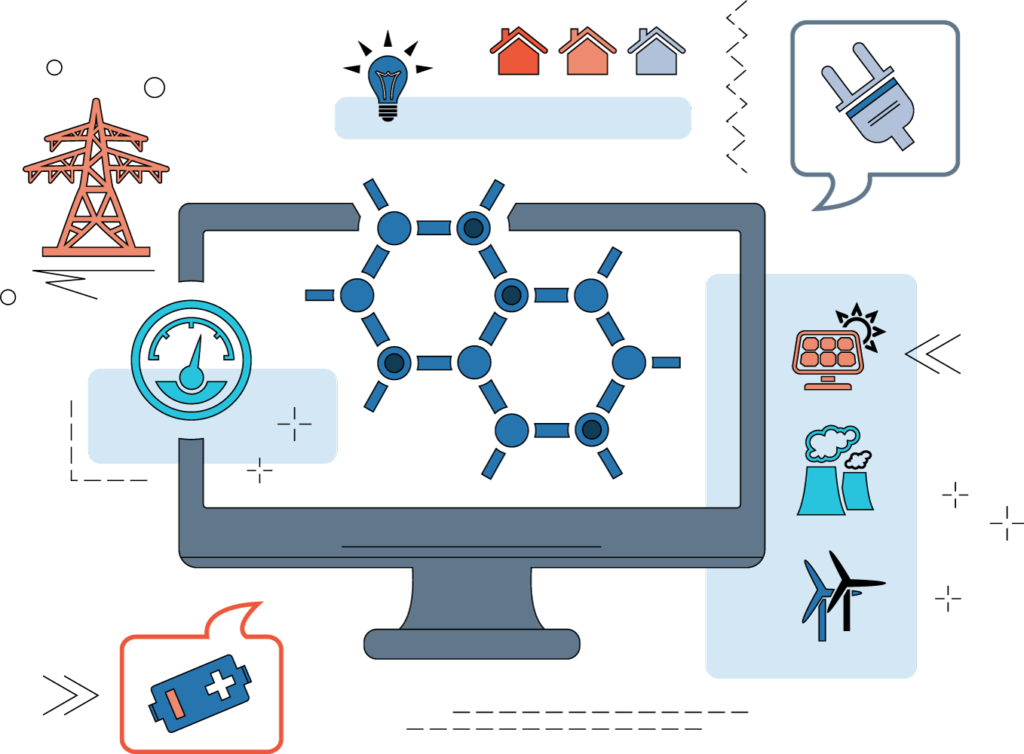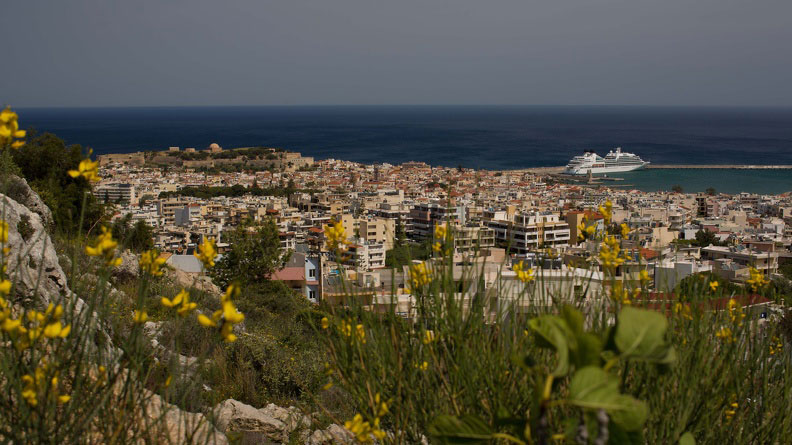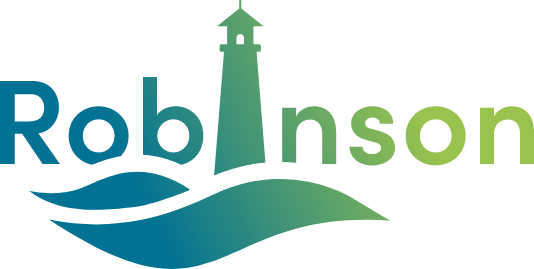
ROBINSON’s objectives
The ROBINSON project has specific technological, socio-economic and environmental objectives. Every aspect of ROBINSON is structured so to help islands achieve their decarbonisation goals. In the meanwhile, ROBINSON supports islands and Europe by contributing to Europe’s technological advancement, improving quality of life, protecting the environment, and being cost-competitive and market-ready.


OB 1: Develop and validate a modular and flexible Energy Management System (EMS)
ROBINSON will develop an EMS considering electrical and thermal needs, weather forecast, electricity cost, demand-side response and market functions to minimize the system operation. Digital and cybersecurity technologies will be integrated for anomaly detection, interoperability, integrity and traceability of the collected data.
- Overall efficiency >20% compared to standard EMS;
- Obtain false positive and negative rates for anomaly detection in the input data of the EMS <10%;
- Operation in the demo island for >100 hours.
OB 2: Develop, integrate and demonstrate a renewable fuel-based CHP unit
Development, integration and demonstration of a 400 kWel flexible gas turbine-based Combined Heat and Power unit (CHP) for extended fuel flexibility to run on syngas, bio-methane and green hydrogen also used as innovative energy storage.
- 40% of electrical efficiency, 90% of availability, up to 90% of overall efficiency in CHP mode running with syngas, bio-methane and hydrogen mix up to 30%;
- Target production: ~5000 MWh/year of heat and ~9000 MWh/year of electricity generated.
OB 3: Develop, integrate and demonstrate an AD+BES
Development, integration and demonstration of an Anaerobic Digestion system assisted by a BioElectrochemical unit (AD+BES) enabling conversion of liquid waste from fish industry into biomethane to be used as fuel.
- 70% conversion efficiency (supplied energy to methane) and bio-methane purity of >95%.
Demonstration objectives

OB 4: Demonstrate the large-scale applicability of the ROBINSON system
The integrated ROBINSON system, including the novel technologies and the validated EMS software, will be demonstrated on the island of Eigerøy (Norway). Eigerøy’s existing infrastructure and pre-installed technologies will be integrated and combined with new technologies to allow energy balancing and storage for different time scales.
- Total hours of continuous operation: 1000 hours; reliability of the plant: 95%.

environmental Objectives


OB 5: Reduction fossil fuel consumption
The objective of ROBINSON will be to prove that, once fully operational, it will enable a 100% coverage of the current and future energy demand of the demonstrating island with non-fossil resources and associated technologies.
- ~21% of wood biomass used for local syngas production to fuel the CHP instead of exporting it (4000t/year);
- at least 18,5% of LNG replaced by heat from the CHP and green hydrogen;
- 900 litres/day of biomethane produced and integrated in the system.
OB 6: Demonstrate a significant positive impact on human health and environment
ROBINSON aims at having a significant impact on human health and environment by increasing the share of RES sources in the power and heat generation and enabling sectorial integration and industrial symbiosis.
- CO2emissions from energy sector reduced by 20% in Eigerøy;
- 100% of waste water from fish industries used locally instead of being released into the ocean;
- renewables used for boats for loading and unloading cargo increased by 20%;
- overall energy system related environmental footprint of the island reduced by 50%;
- 40% of cars fuelled by electricity or H2.
Socio-economic objectives
The ROBINSON concept will be cost-competitive when benchmarked with potential alternative technologies and will provide the required operational flexibility meeting industrial and residential energy demand.

OB 7: Reduction energy costs
The deployment of the ROBINSON system will allow islands to reduce their levelized cost of electricity by maximising the use of RES and avoid expensive infrastructure costs of the transmission grid.
- Reduction of levelized costs of energy on the islands by at least 30%;
- Avoiding expensive extension of the existing transmission grid (for Eigerøy the costs associated with the extension are estimated between 6.1 and 12.2 M€, based on 2018 estimations);
OB 8: Demonstrate the replicability of the system
In close collaboration with local communities and with other European actors ROBINSON will demonstrate the replicability of the system on the two followers islands, while ensuring a wider dissemination of the project.
- Virtual demonstration of ROBINSON for the islands of Crete and the Western Isles;
- Constitution of a Replication Advisory Board with at least 10 islands represented.

 This project has received funding from the European Union’s Horizon 2020 research and innovation programme under grant agreement N° 957752.
This project has received funding from the European Union’s Horizon 2020 research and innovation programme under grant agreement N° 957752. 
